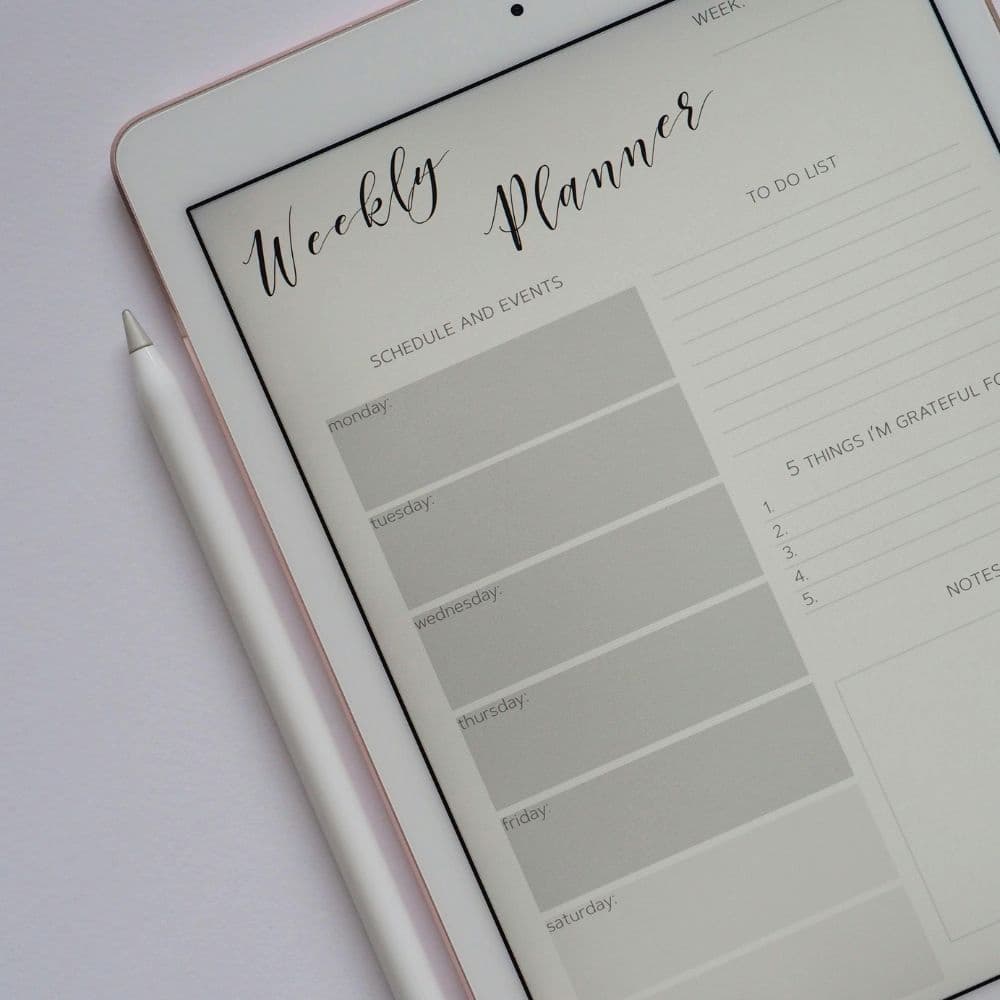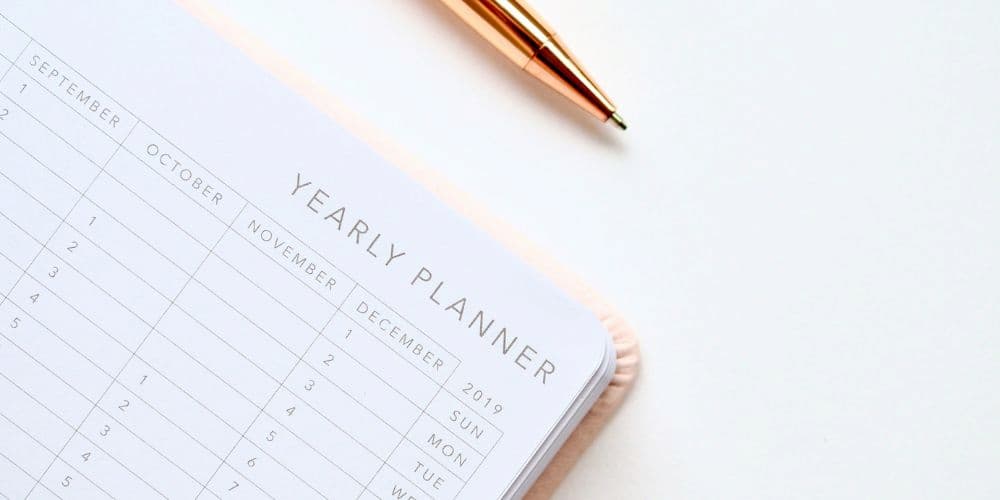Discipline is a character trait that has a lot of benefits. Being disciplined is often associated with being rigid and boring, but like most things in life, I think it’s beneficial to find a good balance.
I want to encourage you to consider areas where you already are disciplined, as well as other areas that could use some work as you go through this post.
What is Discipline?
According to dictionary.com, discipline is “an activity, exercise, or regimen that develops or improves a skill”.
The way I think about this in everyday life is cultivating healthy habits. In this post, I share why discipline is important as well as my own experience with how I have and have not been disciplined.
Why is discipline important?
Disciplined people can be more reliable and stable, though maybe not as fun as our more carefree friends.
One reason discipline is an important characteristic is that it is Biblical. The Proverbs talk a lot about discipline. Here are just a couple of examples.
Proverbs 12:1 – Whoever loves discipline loves knowledge, but whoever hates correction is stupid.
Proverbs 10:17 – Whoever heeds discipline shows the way to life, but whoever ignores correction leads others astray.
While discipline sounds like a drag, it really can lead to a fruitful life.
Instead of viewing the idea of being disciplined as boring or cold, I’ve tried to reflect on the positives of it.

Areas I try to be disciplined
- Reading the Bible most days – it’s a habit that has formed, so even if I don’t feel like it, I try to read a few verses or passages. God often uses this time to speak through His word.
- Healthy eating – planning out recipes and grocery trips so that I’m not taken off guard and go for what is easy or would taste good at the moment
- Exercising – I try to do some form of exercise every day but don’t beat myself up if I miss a day or two. It helps me to clear my head and feel better physically
- Finances – having a budget and sticking to it.
- Life planning – If something is not written down in my planner, it doesn’t exist. I love a pretty paper planner and add cute stickers. If I look at it every day I want it to be enjoyable to see!
These are just a couple of examples of things you might typically expect to consider areas that need discipline.
Prioritize Where you want to be disciplined
At the end of the day, there is no one-size-fits-all for what constitutes a disciplined habit. Each person is unique and developing patterns of discipline will look different for each individual.
It’s unrealistic to think that every new habit is going to stick around daily for the rest of your life. Some habits will come and go while others will stay.
Your disciplined life is unique to you
Some people like cardio, others like weightlifting. Some people like a low-carb diet, others like calorie counting. While observing my habits and seeing the habits of friends, the areas of discipline that you’re likely to succeed at are those where you find a method that works for you. It doesn’t matter the avenue you take to get there.
I used to be all about running (and still enjoy it) but not everyone is cut out to do that. I certainly wasn’t until I was in my 20s. Other forms of exercise are just as good to pursue for a healthy lifestyle. The trick is finding the one that works for your lifestyle.
Whether it’s exercise, eating, or budgeting – you need to decide what habits are most important to you to develop and figure out the best method to implement those habits into daily life.
Most people probably have idea of an area or two in life that needs a little shaping up. I challenge you to consider what that might be for you and prayerfully consider the path you’re most likely to follow to get there.
Becoming disciplined in a new area will take time - and many mistakes
I want to be better about cleaning my house to make it more welcoming.
I want to work on not complaining as much (especially about the cold weather). It’s so easy to be negative or talk about what’s bad when there are many more things to be grateful for.
One thing I have learned about being “disciplined” is that once I developed a pattern in one area (for me it started with school work in high school and college), I found that I transferred the mindset to different areas.
When I started running, I would go for mile-long runs a couple of times a week. I never tracked time at first. I just ran. Over time, I got faster and started running more frequently. I got to the point where I was able to run a couple of half-marathons.
It really just came with putting one foot in front of the other (quite literally, heh) and keep moving forward, instead of dwelling on all of the days I missed running.

Consider what stops you from implementing new habits
If you’ve tried losing weight, what has been a consistent roadblock? Getting frustrated and giving up? Feeling hungry and giving in?
With some foresight and planning, how can you create a plan and put guardrails in place to get consistent and stay consistent with a lifestyle change?
Break it down into micro-steps
Going back to the weight loss example, maybe your goal is to lose 20 pounds…that’s daunting enough for anyone to give up before trying.
Why not start with just 1 pound? Celebrate that then move to 2 pounds? Then 3,4,5…pretty soon you’ll be at 20!
Or maybe you want to exercise every day for a half hour. Why not start with once a week for a month? Just think of it like “introducing a new habit into your life”.
“Discipline” can be used as almost a derogatory term to be an overachiever. It doesn’t have to be.
Even the most easy going people can benefit from introducing some discipline to life (just like those of us who tend to be a little more rigid can benefit from those lovely free-spirits).
I wanted to start blogging so I just started writing 10 minutes a day. I’ve missed a lot of days so far, but I’m trying to keep moving forward, no matter how small the steps are.


